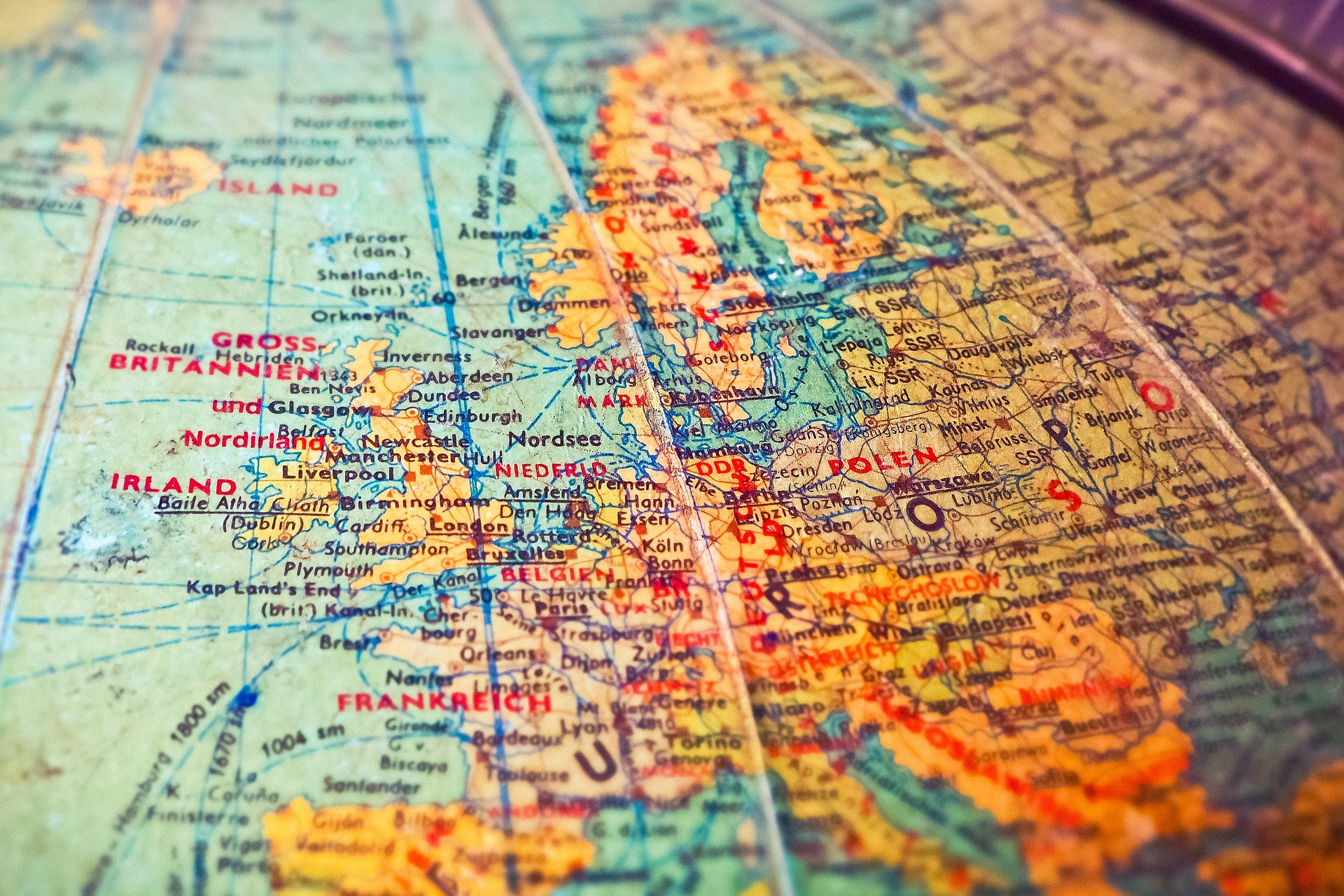The Balancing Act of Digital Copyright Law and Fair Use
The digital age has transformed the way we create, share, and consume content. This shift has brought about significant legal challenges, particularly in the realm of copyright law. As we navigate the digital landscape, the delicate balance between protecting intellectual property rights and promoting creativity and innovation through fair use is more critical than ever.

Grappling with the Digital Age
In the pre-internet era, copyright law was relatively straightforward. Creators could easily control who had access to their work, and enforcement was simpler. With the emergence of the internet, however, these traditional boundaries have blurred. Digital content can be copied, modified, and shared at a pace and scale unimaginable in the analogue world, making enforcement a complex task.
The Tension Between Copyright Law and Fair Use
One of the most contentious areas of digital copyright law revolves around the concept of fair use. This doctrine allows limited use of copyrighted material without permission from the owner. It’s central to maintaining the balance between protecting intellectual property and promoting creativity and innovation, allowing for criticism, comment, news reporting, teaching, scholarship, and research.
The Digital Millennium Copyright Act: A Game Changer
In response to these challenges, the U.S. Congress passed the Digital Millennium Copyright Act (DMCA) in 1998. The legislation imposed stricter penalties for copyright infringement but also introduced ‘safe harbor’ provisions for internet service providers (ISPs), protecting them from liability for their users’ infringements if they promptly remove infringing content upon notification.
Unintended Consequences: Chilling Effects on Creativity
While the DMCA was designed to protect copyright owners in the digital age, critics argue that it has had a chilling effect on creativity. The threat of litigation and the ease with which content can be taken down have led to a culture of caution, with creators often choosing to self-censor rather than risk a lawsuit.
Looking Ahead: The Need for a Balanced Approach
As technology continues to evolve, so too must our approach to copyright law. The challenge lies in crafting legislation that protects intellectual property rights without stifling innovation or limiting free expression. More than ever, it’s crucial to strike a balance that encourages creativity while respecting the rights of creators.
In conclusion, digital copyright law is a complex and evolving field. As we continue to navigate the digital age, the tension between protecting intellectual property and promoting creativity and innovation will remain a critical issue. It’s a delicate balancing act, one that requires ongoing dialogue, thoughtful legislation, and a commitment to upholding both creativity and the rule of law.




